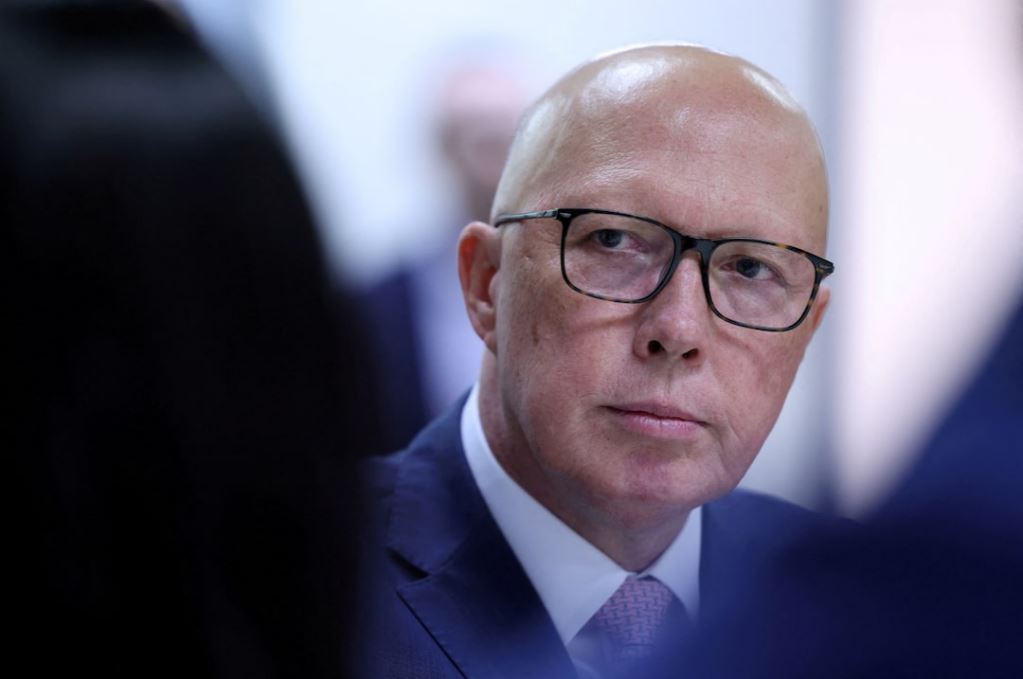
Article by Christine Chen, courtesy of Reuters
01.04.2025

SYDNEY, April 1 (Reuters) – Global gas giants said on Tuesday an election campaign proposal by Australia’s opposition coalition that would force producers to direct more export gas into the domestic market would deter investment without tackling looming shortages.
Energy has emerged as a major campaign issue ahead of the May 3 general election, with the conservative Liberal-National coalition pledging to bring down power bills through a gas reservation scheme.
The centre left Labor government of Prime Minister Anthony Albanese introduced a price cap on gas wholesale prices in 2022, and has implemented regulatory and other measures to meet domestic energy needs and reduce emissions.
At a conference in Sydney, Australian executives of Shell (SHEL.L), opens new tab , ExxonMobil and Chevron (CVX.N), opens new tab pushed back on the coalition’s proposal, arguing more government intervention would hamper the development of gas supply.
Cecile Wake, chair of Shell Australia, which exports gas from the Queensland Curtis LNG project in the state of Queensland, said export controls were not the solution.
“The fact that the easiest lever the federal government now has to solve the southern gas problem is export controls, is not a reason to pull that lever harder,” she said.
“This does not increase supply; it simply redistributes it and when coupled with price caps and other market interventions, it can impede investment and exacerbate the challenge.”
Australia exports more gas than it consumes, but its major reserves are located mostly in the northwest, far from the southeast where most people live and demand is highest. The competition regulator has warned eastern states could face a gas shortage by 2027.
Opposition leader Peter Dutton’s plan would force exporters on the east coast – mainly QCLNG and Australia Pacific LNG operated by ConocoPhillips (COP.N), opens new tab – to direct 10% to 20% more product into the domestic market, with the extra supply coming from uncontracted gas sold on international spot markets.
Chevron Australia managing director Mark Hatfield contrasted Dutton’s proposal with a gas reservation scheme in the state of Western Australia, where Chevron is a major producer.
Its prospective application allowed the company to assess the policy before signing long-term contracts, which was “quite different” to Dutton’s plan, he said.
“Energy security is an easy target to be a political football … some of the things we’re seeing right now is maybe some short-term fixes that could have long-term implications with negative outcomes,” Hatfield said.
ExxonMobil Australia, which produces gas in the Bass Strait, the main supply source for the eastern states, said expanding production was “the key to ensuring reliable and affordable gas”.
“Regulatory restrictions that prevent or impede development of new gas supply have become worse and risks that are normal in oil and gas markets such as geologic and engineering risk have been replaced by government policy and regulatory risk,” commercial director David Berman said.